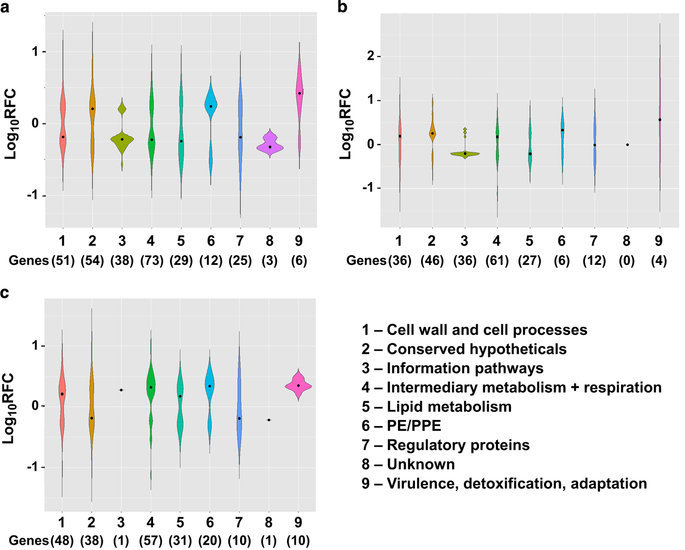Editorial Summary: Microbiology-Microgravity induces metabolic changes in pathogenic bacterium
Published in Physics

Microgravity alters gene expression in a pathogenic waterborne microbe — changes that could pose a health risk to astronauts in space. Lynn Harrison from the Louisiana State University Health Sciences Center in Shreveport, USA, and colleagues grew an infectious bacterium called Mycobacterium marinum, a close relative to the microbe responsible for tuberculosis, in a rotary cell culture system that causes the low fluid shear dynamics associated with microgravity. Bacteria in this state grew slower with different expression levels of several hundred genes compared to those cultured under normal gravity conditions. Some of these molecular differences are similar to those elicited when mycobacteria infect human cells, suggesting that space might make the microbes more pathogenic. However, microgravity also made the bacteria more sensitive to certain stressors like hydrogen peroxide, so the overall impact on virulence is still unclear.
Taken from the Open Access article: Exposure of Mycobacterium marinum to low-shear modeled microgravity: effect on growth, the transcriptome and survival under stress





Please sign in or register for FREE
If you are a registered user on Research Communities by Springer Nature, please sign in